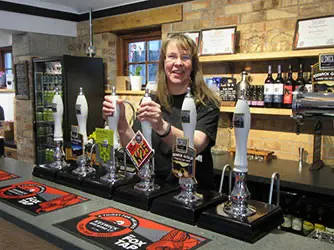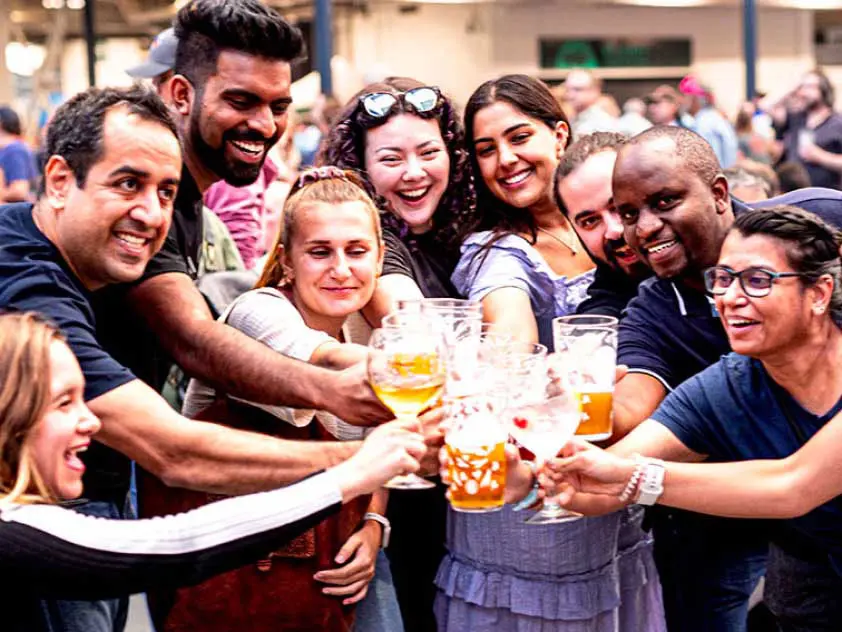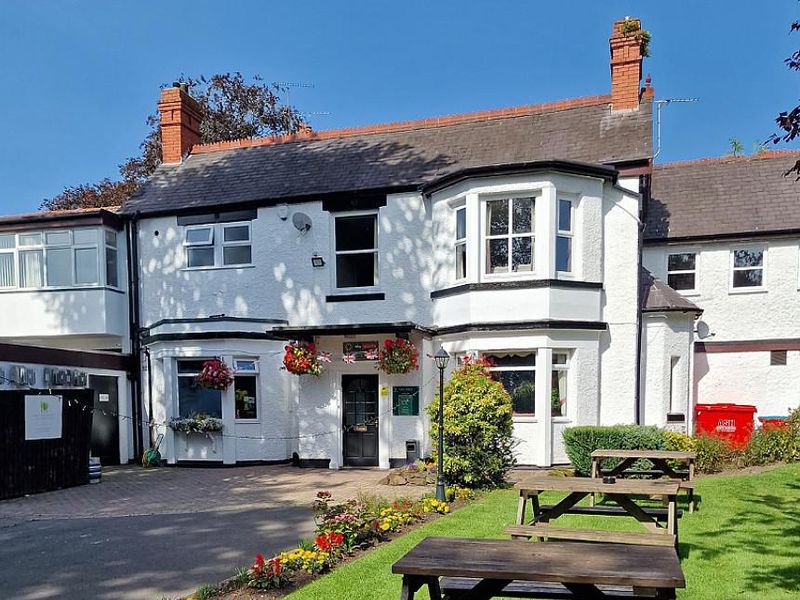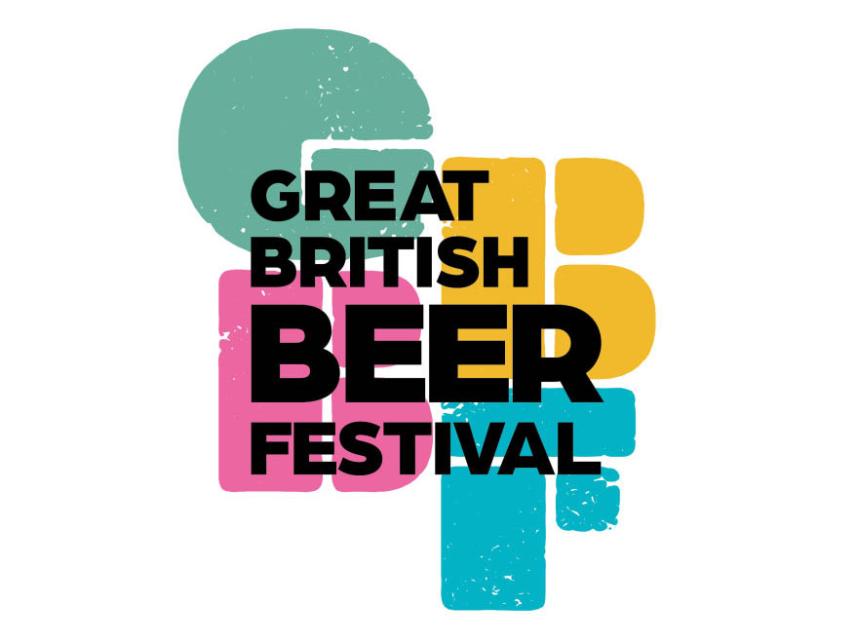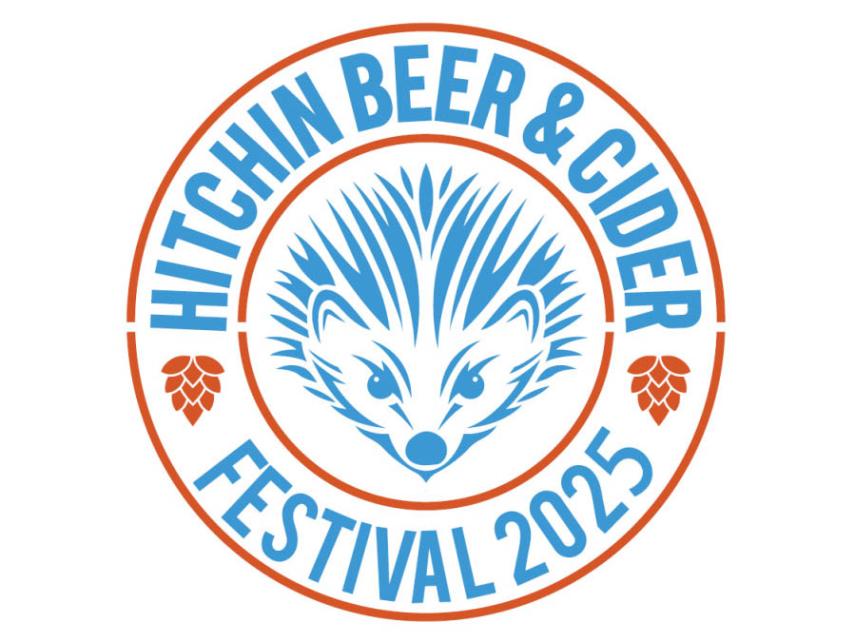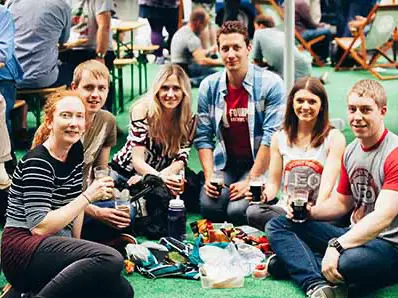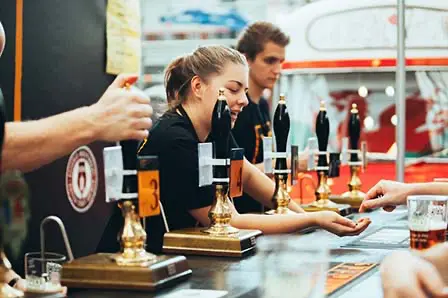Martyn Cornell, beer writer and acclaimed brewing historian, has died suddenly at the age of 72 on the eve of the publication of his major study of the history of porter and stout.
Martyn had an international audience for his work. His books Beer: The Story of the Pint and Amber, Gold and Black, were translated into Italian, German, Danish and Spanish. His writing was used as course work at the University of Gastronomic Science in Pollenza, Italy and he lectured in many countries, including Scandinavia and the United States, on beer styles and their history.
Martyn was born in London and studied at the University of Sussex, where he graduated with a BA Hons. He then worked as a journalist for several years, starting with the Stevenage Comet, before joining a number of national papers, including the Times and the Daily Telegraph.
He left Britain to work on papers in Abu Dhabi and Hong Kong, including the English-language South China Morning Post. When he returned home he devoted himself to beer writing and research.
Beer: The Story of the Pint was published in 2003 and traces the roots of brewing from the Old World of Ancient Egypt and Babylonia to the present day. It won him a trophy that year from the British Guild of Beer Writers and he went on to win several more awards from the guild.
Beer was followed by Amber, Gold and Black, a history of beer styles, and Around the World in 80 Beers, a further and exhaustive survey of world beer styles.
His blog Zythophile became a major part of his work and was a must-read for beer lovers. It was a daily discourse on all aspects of beer and in particular on the origins of such important styles as porter, stout and IPA.
Martyn could be a hard task master. The final section of Beer: The Story of the Pint is devoted to myths about beer and he castigates writers who repeat incorrect information about the origins of such styles as mild, porter and IPA.
He continued this with Zythophile. He was especially keen to dismiss all the myths surrounding porter and stout in the 18th century, which he described as the world’s first commercial beer. Martyn’s research suggests porter was not invented by a brewer in Shoreditch, East London, called Ralph Harwood, and neither was it a blend of three beers mixed in pub cellars.
He says porter was an improved and stronger version of the brown beers produced at the time and was aged in wood for maturity and flavour. The strongest version of the style was called stout porter, later reduced to stout, which went on to become a leading style in Ireland and then throughout the world.
Martyn was delighted to witness the current revival of porter and stout, with Guinness now the best-selling beer in Britain and scores of other brewers producing their versions of the style. Guinness will open a visitor centre in London later this year with a museum devoted to the origins of the style.
Martyn was in demand around the world and he lectured at universities and food and drink festivals. When he died on 1 June he was preparing to fly to Iceland to visit breweries there.
Four years ago he moved to Cromer in Norfolk where the Poppyland microbrewery is based. It’s run by Martyn’s brother Dave (pictured, on right, with Martyn) and his wife Mandy where their mantra is Adventures in Beer Start Here.
As well as beers brewed with herbs foraged from the cliffs of the seaside town, Poppyland also brews mild, stout, pale ale and IPA, where Martyn was on hand to advise on recipes.
His final book Porter and Stout: A Complete History will be published this month and will be eagerly read by his legion of supporters. While he could be a stern critic of other writers, he was a most companionable person to meet for a beer and he will be much missed.
Pictured: Martyn Cornell (left) with his brother Dave
